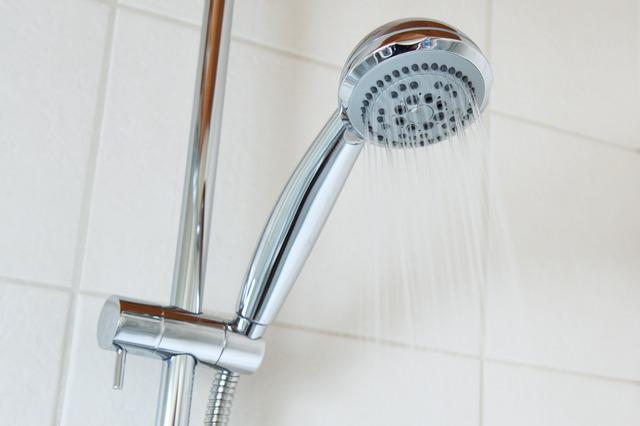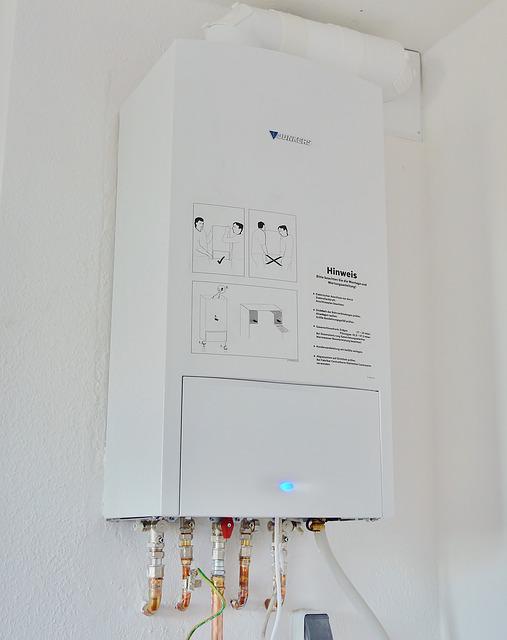
There is no feeling quite like finding out that your home has no hot water.
Just imagine this: we come home after work during a chilly night, wanting to quickly get into the bath but nope, suddenly things just simply don’t work. All you get from your shower faucet is that freezing, piercing, icy-cold water. There goes your plan of soaking yourself with a hot bath in a bathtub. Feels discouraging, no? Even more so when we don’t quite understand on how to deal with such a situation.
What causes the problem
All hot water systems typically work in a similar manner. Cold water runs through pipes, which are then heated up to set temperature and stored so that they are ready to be used on-demand. There are various types of water systems, such as continuous systems (typically powered by natural gas) and storage systems.
Each employs a different set of heating elements to work and problems may occur with these heating elements from time to time commonly due to wear, which will cause no hot water in your house.
No hot water? Do the initial check
When one encounters such a problem, the first and the foremost important thing to note is to make sure what kind of hot water system, as in the water heater, is used in the home. Generally, there are two kinds of water heaters: gas and electric water heaters. Both heaters involve a process of transforming a certain source of energy which allows cold water heated up to the desired temperature.
A gas water heater makes use of the law of physics where hot water always rises above cold water. Its gas burner is set to detect the proper temperature by a regulator, always heating up cold water below, allowing a constant supply of hot water which will then be delivered through a small pipe above a water tank.
An electric water heater, on the other hand, works by placing heating elements like rods, which are powered by electricity, inside the water tank. These rods are less corrosive, and so they are durable and will not contaminate the water. An electric water heater is seen as a more efficient option. Although, on the flip side, it costs a lot more compared to a gas water heater, especially if its power is constantly switched on.
Common problems for electric water heater

An electric water heater is prone to issues caused by sudden interruption to electricity. If it suddenly doesn’t work and you reckon that there is recently a power outage or blackout, you need to check whether the switch has tripped. Be wary not to touch any wires or terminals.
Another thing is to check the thermostat. There should be the upper and the lower thermostat. You need to confirm both settings are at the same temperature.
Also, you can check on the heating elements used in the tank and see whether they are working properly or need replacing.
Otherwise, as a common rule, all you might need is just simply switch your water heater off and on again.
Common problems for gas water heater
Confirm that the dip tube is not damaged. This dip tube works by making sure that cold water flows to the bottom of the tank which allows it to be heated. A faulty dip tube may otherwise direct it to the top, mixing with hot water, and reducing the temperature.
Check whether the pilot light is on or needs relighting. You may also see if the pilot light tube is clogged and needs replacement.
If you find that strong odour coming from the water, chances are the pilot light must be relit or there are issues with the gas line. The best thing to do here is to switch off your water heater and call professional help immediately.
Other things to check
Sometimes your water heater may make sizzling sounds, which in this case shows signs of leaking somewhere. Leaks may occur in many places, such as valves which can be repaired by tightening them or replacing the joint. But if leaks are caused by corrosion in the tank, you need to consider immediate replacement.
You may also experience low water pressure. First confirm if the low pressure applies to either cold or hot water, or both. You need to make sure that the shutoff valve in your house is fully open.
The color of the water is also a sign of whether your water heater is working properly or not. A change in color is a sign that bacteria are growing inside the tank. Sometimes you only need to replace an anode rod, but the water tank may also show visible corrosion which needs replacement as soon as possible.
All done, what to do next?
If you have finished some of the checklists above and still no sign of change, there might be problems somewhere else. At times they will also prove to be a lot more serious and may even cause harm. When it comes to this, better leave it for the professionals to do the repair. Call the best plumbing services available nearest to you.
Platinum Plumbing is a licensed and insured plumbing company with more than 15 years of experience in this industry. We are the plumber Bundaberg that provides various plumbing services including blocked drains, hot water systems, leaking/bursting pipe repairs, and many more.
If you need a proven, well-established plumbing company for your hot water system, Platinum Plumbing is the plumbing company to call. call us at 0741552828



